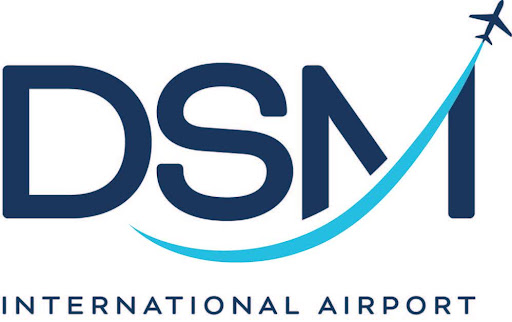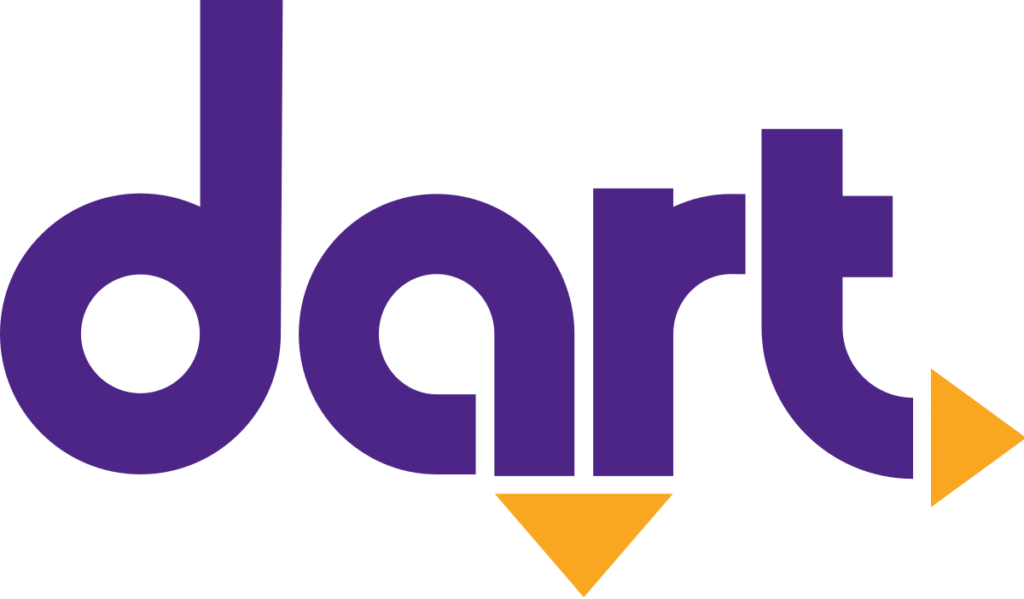Industry Report: TRANSPORTATION
Your QUICK Briefing on One Big Industry


Des Moines International Airport hopes to switch to an airport authority governance by Nov. 1. Currently, the airport is under the watch of a seven-member airport board, plus the Des Moines City Council and the city manager’s office. The new authority, which was created by the council in February, will allow the airport to report only to a five-member board. “(Currently) the board can do some things, but they can’t do others, and the council does other things,” said Don Smithey, aviation director at the airport. “This provides the airport the ability to be nimble, act quickly and go through one board and not two.” It also allows the airport to be run more like a business, he said, and follows a nationwide trend. Board members have been nominated by the mayor and approved by the city council to serve four-year terms; they are Ed Hansell, Jim Erickson, Elizabeth Ward, Kerty Levy and Mark Feldmann. The airport would remain under city ownership but be leased to the authority. The Des Moines City Council will hold a public hearing on the lease agreement on Oct. 10.

Two major planning processes by transportation agencies are under way to shape the future of transportation in Des Moines. The Des Moines Area Regional Transit Authority (DART) on Sept. 27 approved its DART 2035 plan, which will reshape some bus routes and seek to make DART a more usable system. The plan coincides with the construction of the new DART Central Station hub and the implementation of Global Positioning System technology on buses. The Des Moines Area Metropolitan Planning Organization (MPO) recently kicked off its Tomorrow Plan, a 20-month planning process designed to provide a framework for future development. The plan will focus on several transportation-related issues. “Transit is growing up in Des Moines,” said DART Public Information Officer Gunnar Olson.
Ride your bicycle
Des Moines is waiting to hear on a funding request for a pair of projects that would add more bicycle lanes downtown and on Hubbell Avenue. The city has applied for $240,000 through the Iowa Clean Air Attainment Program for a number of projects downtown and $330,000 through the Iowa Department of Transportation’s Traffic Safety Improvement Program for a project on Hubbell. The downtown project would add full bike lanes in some instances and wider lanes that could be shared by cars and bicyclists in other cases. The project would be part of the city’s Bicycle and Trail Master Plan, and would add bike lanes on Grand Avenue and Locust Street, among other locations. The Hubbell project, which would span from East 17th Street to East 33rd Street, is part of an effort to make the road safer by reconfiguring it from a four-lane road to a three-lane road that includes a shared middle lane and two bicycle lanes on the outside, said city traffic engineer Jennifer Bohac. Pending funding, the city is hoping to start work on that project next spring or summer. The projects will require little construction and will mostly consist of repainting road markings
Passenger rail update
On Sept. 12, the Iowa Department of Transportation (DOT) sent a letter to the Federal Railroad Administration (FRA) recommending that the $230 million FRA grant for high-speed passenger rail service from Chicago to Iowa City be split. Originally, the money was given as a grant to be shared by Iowa and Illinois. The state of Iowa has not yet committed to the $20 million in matching funds necessary to receive the grant and go forward with the study, and the Iowa DOT is recommending that $143 million of the grant be given to the Illinois DOT to fund the portion of the route from Chicago to Moline, Ill. The Iowa DOT is still developing a planning study for a Chicago-to-Omaha route that could go through Des Moines. Also last month, the U.S. Senate Appropriations subcommittee that sets the Transportation Department’s budget recommended no new money for President Barack Obama’s high-speed passenger rail program.

A committee appointed by Gov. Terry Branstad has been taking feedback from around the state on transportation issues. The Governor’s Transportation 2020 Citizen Advisory Commission conducted a series of public meetings throughout Iowa last summer to ask the public if roads in their area required additional government funding for upkeep. “A common theme that we heard pretty consistently is that Iowans do feel the road conditions are becoming an issue in Iowa and are getting worse,” said Stuart Anderson, director of the planning, programming and modal division of the Iowa Department of Transportation (DOT). “And the majority of commenters felt the additional funding was necessary to address those road conditions.” The committee was appointed to complement a DOT study that is due at the end of the year to look at long-range needs for the state’s roads. Branstad put the commission together because he felt the process needed input from citizens. The group will hold a pair of public meetings in October to go over what was learned and put the plan together. The meetings are on Oct. 12 and Oct. 26, and are both from 10 a.m. to 2 p.m. at the Courtyard Des Moines Ankeny, 2405 S.E. Creekview Drive.











